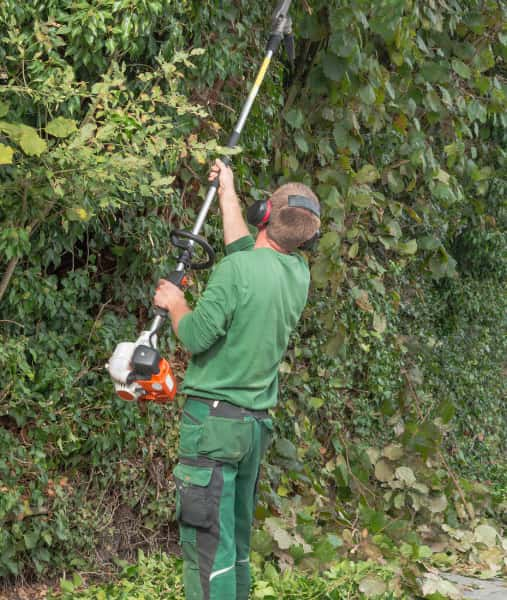Introduction
Tree felling near fences and boundary lines requires a careful and professional approach. Whether you are installing a new fence, repairing an existing one, or managing overgrown boundaries, trees that obstruct or threaten these structures must be removed safely and legally. Poorly executed felling can lead to damage, disputes, or even injury.
In Linton, Cambridge, homeowners and landowners often need to clear boundary lines while maintaining safety, protecting neighbouring properties, and complying with local regulations. This article explores how professional tree felling helps clear the way for fencing projects without unnecessary risk.
Key Takeaways
- Trees along boundaries can obstruct fencing projects or cause damage over time
- Professional tree felling ensures safe removal and reduces liability
- Careful planning avoids disputes with neighbours and damage to adjacent property
- Linton Tree Surgeons provides expert tree felling services in Linton, Cambridge
When Tree Felling Is Necessary for Fence Installation
Overhanging Branches and Root Interference
Trees growing too close to fences often have branches that overhang or roots that push through the soil, disturbing the structure. Over time, this can lead to:
- Leaning or damaged fence panels
- Displacement of posts and foundations
- Restricted access or reduced visibility along the boundary
Removing the tree in advance ensures your fence installation is smooth, durable, and easier to maintain.
Creating Clear Access for Work
New fence construction typically requires space for materials, tools, and machinery. If a tree is obstructing the fence line or encroaching on the work area, felling it first allows:
- Clear and safe access to dig post holes or lay concrete
- Reduced risk of accidental damage to the tree or fence during construction
- Better alignment of the fence with boundary markers
Replacing Damaged Trees with Safer Alternatives
Not all trees are suitable for boundary locations. Some may already be unstable or poorly placed. If the tree poses a hazard or continually interferes with fencing, removal and replacement with more appropriate planting may be the best long-term solution.
Safety Considerations in Boundary Tree Felling
Proximity to Structures and Utilities
Trees located near fences are often close to sheds, garages, walls, or underground utilities. Attempting to fell such trees without professional help can result in:
- Collateral damage to buildings, driveways, or nearby landscaping
- Disruption to electrical or water services
- Personal injury or legal liability
Linton Tree Surgeons uses precise techniques and equipment to ensure trees are felled in a controlled, safe manner.
Working Near Neighbouring Properties
Tree felling near boundary lines may involve trees that partially or wholly sit on a neighbour’s land. To avoid disputes, it’s essential to:
- Understand legal ownership and rights of access
- Inform neighbours of planned work where required
- Ensure trees are not felled across boundaries or into adjacent gardens
Professional contractors help assess legal boundaries and ensure the work is carried out respectfully and responsibly.
Environmental and Legal Compliance
In some cases, trees near boundaries may be protected by Tree Preservation Orders (TPOs) or be within conservation areas. Before carrying out any felling work:
- Check with the local authority for permissions
- Submit the necessary applications if the tree is protected
- Use qualified professionals who understand legal obligations
Linton Tree Surgeons handles this process as part of our service, ensuring full compliance.
The Tree Felling Process
Initial Assessment
An on-site inspection is the first step. This includes assessing:
- Tree condition and size
- Proximity to the fence and neighbouring properties
- Access for equipment and removal
Planning the Felling
Once assessed, a safe method of removal is planned. This may involve:
- Sectional dismantling in confined areas
- Use of rigging or cranes for tight spots
- Ground crew to manage debris and prevent damage
Stump and Root Management
After felling, stump grinding or removal may be needed to:
- Prevent regrowth that could disrupt the new fence
- Avoid root damage to fence foundations
- Create a clean and level surface for landscaping or further construction
Why Choose Linton Tree Surgeons?
Linton Tree Surgeons provides expert tree felling services in Linton, Cambridge, with a focus on safety and precision. We offer:
- Professional risk assessments and detailed planning
- Experienced arborists trained in boundary and structure-sensitive felling
- Full waste removal and site clean-up
- Assistance with planning permission and legal compliance
Conclusion
Tree felling for fencing and boundaries must be approached with care, planning, and expertise. Removing obstructive or risky trees ensures the safe installation of fencing, protects property, and preserves neighbourly relations.
For reliable tree felling services in Linton, Cambridge, Linton Tree Surgeons offers professional solutions tailored to boundary projects. Contact us today to arrange an assessment and ensure your fencing work proceeds safely and efficiently.
Call us on: 01223 919 495
Click here to find out more about Linton Tree Surgeons
Click here to complete our contact form and see how we can help with your tree needs.

